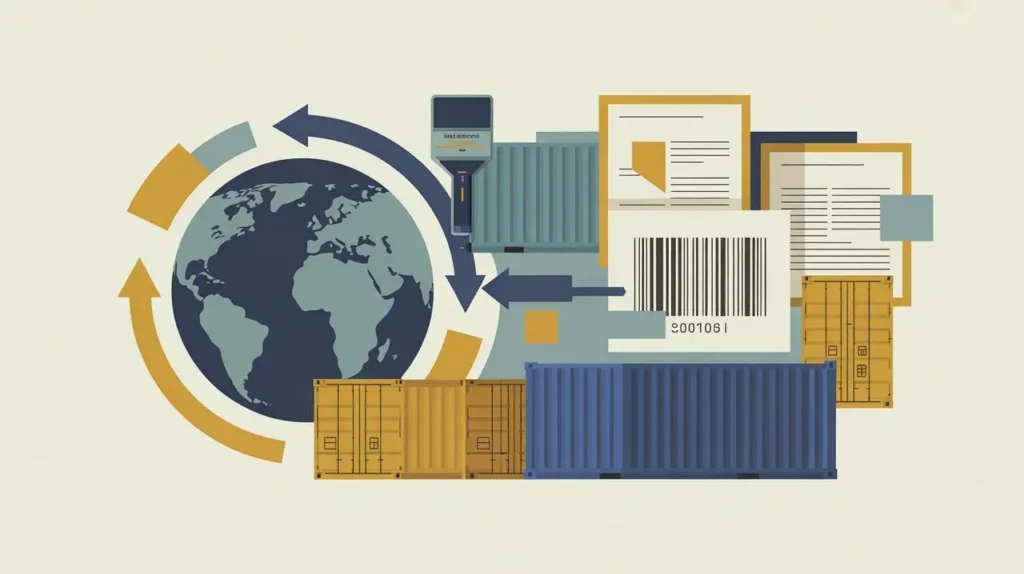Importance of Export and Import Services
Export and import services are central to global trade, enabling countries to access goods, technologies, and markets beyond their borders. In international development, these services stimulate economic growth, diversify economies, and connect local producers to international supply chains. For nonprofits and social innovators, export and import systems influence market access, fair trade opportunities, and the ability of proximate actors to compete globally. Their importance lies in shaping how resources and products flow across borders in ways that affect livelihoods and national development.
Definition and Features
Export and import services refer to the systems, institutions, and processes that facilitate the cross-border movement of goods and services. Their defining features include:
- Customs and Regulation: frameworks that govern tariffs, duties, and compliance.
- Logistics and Transport: shipping, warehousing, and distribution networks.
- Trade Facilitation: support for documentation, finance, and risk management.
- Market Access: linking local producers with regional and global buyers.
How this Works in Practice
In practice, export and import services involve coordination between businesses, customs authorities, logistics providers, and financial institutions. For example, small-scale farmers may rely on export services to reach international markets through fair trade cooperatives, while import services bring essential medicines or machinery into low-resource countries. Development actors often work to reduce barriers such as high tariffs, inefficient ports, or lack of trade finance. At the same time, risks include dependence on imports for essential goods, vulnerability to global price shocks, and unequal trade agreements.
Implications for Social Innovation
Export and import services shape opportunities for inclusive growth and market participation. Innovations such as digital customs platforms, blockchain-enabled supply chain tracking, and impact-driven trade finance can improve transparency and efficiency. For proximate actors, accessible and fair trade systems expand opportunities to reach wider markets while protecting local needs. Export and import services are essential for integrating economies into global trade and ensuring that benefits reach communities as well as national economies.







